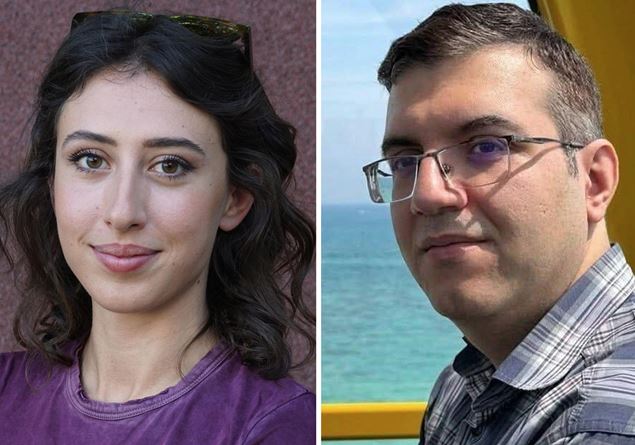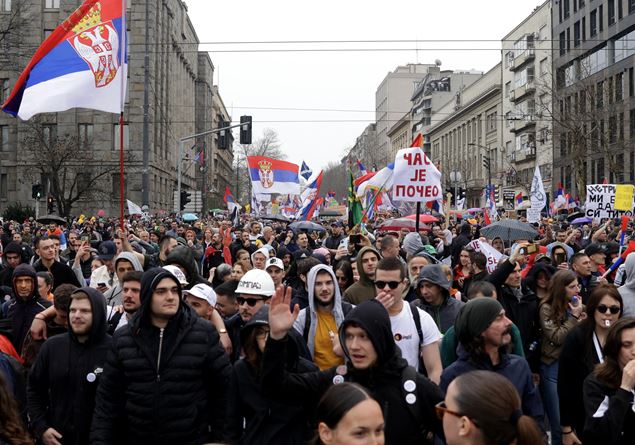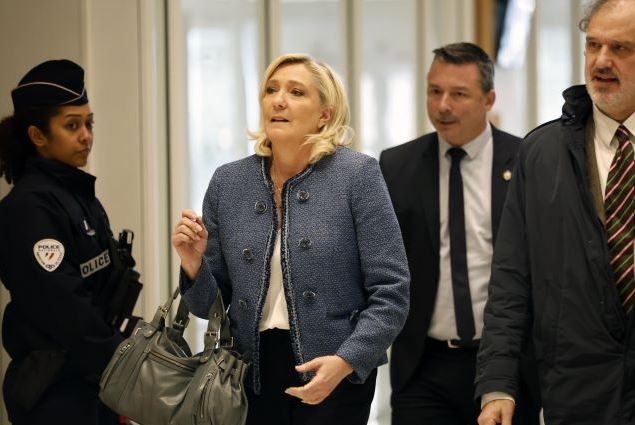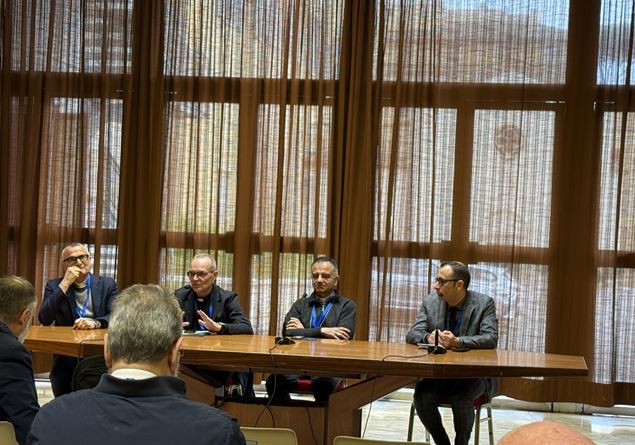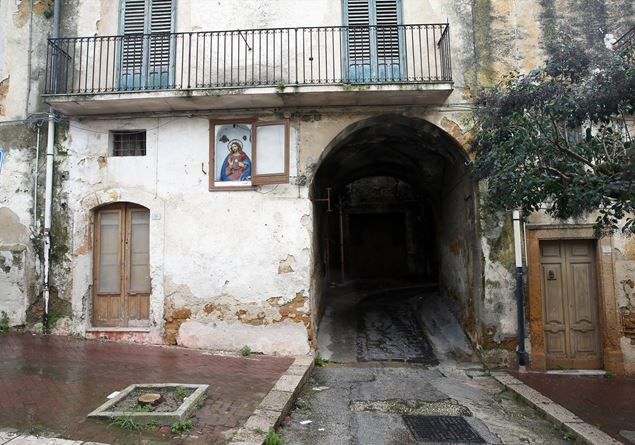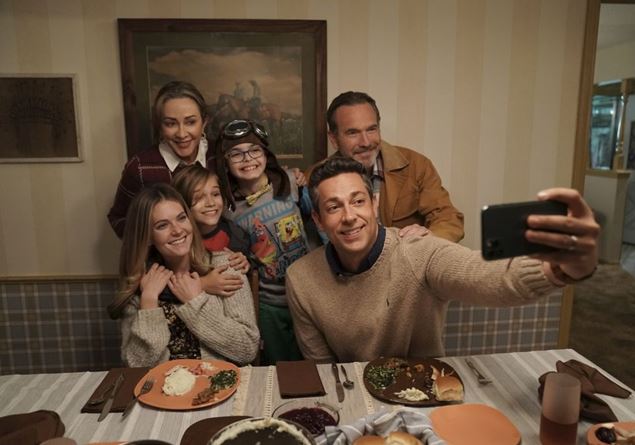The failure to extradite Abedini to the USA (most likely a bargaining chip with the release of Ceclia Sala) is not the first case of Italian diplomacy using technical-legal tricks to resolve complicated international cases in which the United States is also involved . Another story involving terrorists, the Middle East, hostages to be saved, Italy, the USA, politics and justice ended in a more or less similar way, despite the difference in history.
Today’s facts:
on December 16th, on a mandate from the United States, Mohammad Abedini Najafabadi was arrested at Malpensa on charges of having passed to Tehran components for the assembly of Shahed, the terrible drones which a year ago, in Jordan, caused the death of three American soldiers.
On December 19th, in Iran, the Italian journalist Cecilia Sala is arrested on the generic accusation of having violated the country’s laws.
January 5thGiorgia Meloni flies, surprisingly, to Mar-A-Lago, Donald Trump’s private residence in West Palm Beach Il. At the top of the dossier faced by the two is the release of Cecilia Sala.
On January 8th, Cecilia Sala is freed and returns to Italy,
On January 12th, Abedini is freed and returns to Iran. The Minister of Justice Carlo Nordio makes use of a faculty recognized by article 718 of the code of criminal procedure and asks (obligatorily) the Court of Appeal of Milan to revoke the precautionary custody. «Pursuant to Article 2 of the Extradition Treaty between the Government of the United States of America and the Government of the Italian Republic»he explains, “only crimes punishable according to the laws of both contracting parties can give rise to extradition: a condition which, in the current state of the documents, cannot be considered to exist” because the crime hypothesized by the USA, “criminal association for violation of the International emergency economic powers act (the law on economic powers in the event of an international emergency), does not correspond to the cases foreseen and punished by the Italian criminal law”. Furthermore, for the other two crimes “there would be no evidence” and the charges of “criminal association” would therefore be dropped to provide material support to a terrorist organization resulting in death” and “providing and attempting to provide material support to a foreign terrorist organization resulting in death”. «No element», declares the minister, «has to date been put forward as a basis for the accusations made emerging with certainty only the carrying out, through companies attributable to him, of production and trade activities with his own country of technological instruments having potential, but not exclusive, military applications”.
Yesterday’s events:
on October 7, 1985the cruise ship Italian Achille Lauro is hijacked by Palestinian Liberation Front terrorists while leaving Egyptian waters to land in Israel. To release the ship and the hostages, the terrorists are asking for the release of around fifty of their comrades held in Israeli prisons. MIno Martinazzoli, then Minister of Justice and signatory, for Italy, of the judicial cooperation treaty with the USA, reconstructs the facts in his autobiography A strange Christian Democrat (Rizzoli, republished by Rubbettino). Giovanni Spadolini, then Minister of Defense, convenes the leaders of the Armed Forces, Bettino Craxi, Prime Minister, secures the support of the President of Tunisia, Giulio Andreotti, Minister of Foreign Affairs, activates his diplomatic channels with the Arab world. The United States opposes the diplomatic negotiation.
October 11ththe hijackers surrender, in Egypt, with the promise of a diplomatic escape route managed by the Italian government. They are picked up and, together with Abu Abbas, executive member of the PLO (Palestine Liberation Organization) and negotiator between Italy and the FLP commandos, they are put on a Boeing flight. Ronald Reagan’s United States unilaterally decides to intercept the plane and divert it to the Sigonella base in Sicily. Craxi allows the landing, but places the plane under the control of the Italian authorities. Another tug of war begins.
On October 12th, after another negotiation the plane takes off from Sigonella and lands in Ciampino, where the judiciary was supposed to take over the hijackers. The USA, which, violating national sovereignty, escorted the plane to Rome with its own jets, is requesting his extradition.
«Here», Martinazzoli recalled, «the judicial cooperation treaty between the United States and Italy comes into play. The Foreign and Justice Ministries had worked on the agreement for a long time, well before I became head of it. But then, I had added the signature on purpose. The treaty was very advanced and aimed above all at cooperation against organized crime. In particular, the United States asked us for collaboration without deficiencies in the field of combating drug trafficking. Reagan considered the fight against drugs as a leading theme of his administration and a matter of pride in the eternal confrontation with the Soviet Union.”
After the signing of the judicial cooperation treaty, the same one referred to today by Minister Nordio, «Our collaboration with the United States had always been marked by mutual respect and trust. We hadn’t had any problems until the Sigonella case. The treaty also provided for increased collaboration in terms of precautionary measures relating to extradition. Based on our agreement, a United States judge had sent the Italian government a request to arrest the Palestinian Abu Abbas for extradition purposes. Abbas had never boarded the Achille Lauro, but according to the American judge’s arrest request, it was he who had piloted the other terrorists from the ground. And therefore, according to the United States he was to be considered the true leader of the commando team that had seized the ship. For this reason they wanted his immediate arrest and extradition. Abu Abbas, meanwhile, was at Rome’s Ciampino airport, aboard the Egyptian Boeing. And the Egyptians sent word to Craxi that they would shoot anyone who tried to get on board. A very tense and delicate situation had arisen. The judge handling the case wanted them to enter the plane, but the Egyptian government opposed it. We did not yet know that Leon Klinghoffer, a disabled American of Jewish religion, had been killed on the ship. What we knew was that the ship had been released and that the commando who had taken the ship hostage had been captured. For us, therefore, the question was closed. We decided not to grant the extradition request. Abu Abbas reached Fiumicino and from there, with a Yugoslav plane, he left for Belgrade. After Abbas’ departure we met with Craxi and Andreotti at the ministry. We found that the American request referred to intercepted radio conversations between Abu Abbas and the ship. However, in the extradition request, we were not provided with either the text or the translation of these conversations. So long as the treaty we had signed explained that we were obliged to comply with the requests based on the evidence they had to provide us, we concluded that this evidence was not there. For this reason I signed a denial of the American judge’s request.”
When Spadolini, very pro-American, asked Craxi for explanations, he called a cabinet meeting. «I was very surprised by the explanation that one of the participants gave to close the conversation», recalls Martinazzoli. Spadolini’s many requests were answered: «”Let’s get it over with. We could have given it to him, but the Minister of Justice said we couldn’t and we didn’t give it to him.” And it ended.”





